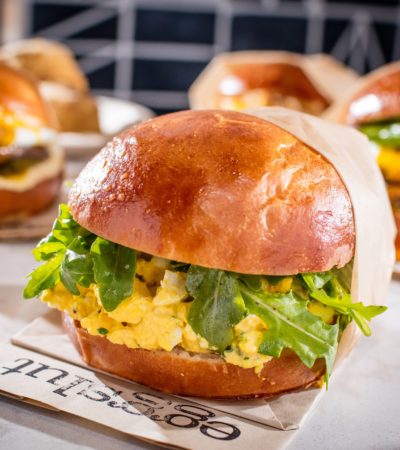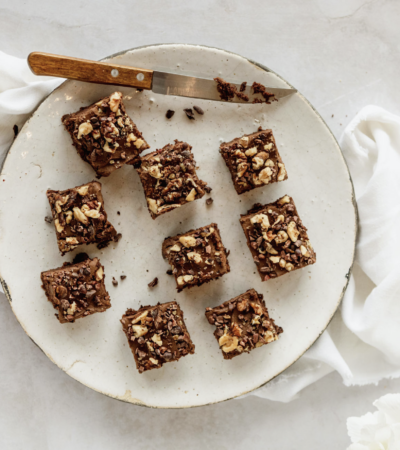We’re all individuals with different bodies, minds, likes, dislikes and, of course, genes. Everyone his a unique makeup of different genetics yet many approaches to achieving health and wellbeing only provide a one size fits all method. Dr Dan Reardon, personal trainer and founder and CEO of FitnessGenes shares how our genetic makeup could be affecting our health and fitness goals and why adopting an in-depth personalised approach should be the way forward.
From keto diets to ‘8-minute abs’, there’s no shortage of health and fitness programmes that purport to deliver slimmer waistlines, bustling muscles and improved wellbeing for everyone.
Reality paints a starkly different picture. Studies suggest that the vast majority of diets fail, with dieters invariably regaining their lost weight within 5 years. When it comes to workouts, two people following exactly the same training routine may see radically different results. And therein lies one of the major failings of fitness programmes – they treat us as homogenised, cardboard cut-outs.
Of course, far from being identikit clones of one another, we’re all different. We all have different upbringings, different life experiences; different social circumstances. Furthermore, there is another, often overlooked, source of variation between us – our genes. Owing to differences in our genes, what works for one person, may not necessarily work for another person…
Our genes make us unique
A large part of what makes us different is our DNA. DNA (or deoxyribonucleic acid) is the molecule that codes for life. At FitnessGenes, we like to think of DNA as your body’s cookbook. It provides the instructions for making all the enzymes, hormones and other proteins that your body needs for growth, development, and everyday survival.
If your DNA is a cookbook, your genes are the individual recipes. Humans have roughly 20,000 genes and they code for all sorts of different proteins, from enzymes that speed up important chemical reactions to structural components that allow our muscles to forcefully contract.
The unique thing about us is that our cookbooks are all different: we have small differences in our DNA code. Our DNA code is made up of a sequence of four key chemicals to which we ascribe the letters: A (adenine), C (cytosine), G (guanine) and T (thymine). The exact sequence of these letters determines what proteins we make, which, in turn, influences everything from what colour eyes we have to our personality type.
Occasionally there may be single-letter changes at certain points within our DNA code. For example, there may be an ‘A’ instead of a ‘T’.
When this occurs, it gives rise to proteins with slightly altered structure, function and quantity. This, in turn, can affect our individual response to diet, exercise and lifestyle changes. Below are two examples of this….
Genes and recovery
Suppose you’re pumping iron at the gym – how long should you rest between sets? The exact answer depends on your genes, including variants of your ‘MCT1 gene’. Your MCT1 gene helps clear away lactic acid from the bloodstream, allowing it to be recycled by cells for energy. When lactic acid builds up in the bloodstream, it can lead to muscular fatigue.
Some people have a variant of the MCT1 gene that clears lactic acid much more slowly. Consequently, they’re more prone to muscular fatigue and therefore may require longer rest periods between sets.
Genes and optimal diet
Plenty of evidence suggests that the Mediterranean diet, which is rich in fruit, vegetables, fish, whole grains, legumes and olive oil, is good for our health. Depending on a gene called your ‘PPARG gene’, you may get enhanced benefits from adopting this diet.
People with a specific variant of the PPARG gene, which regulates sugar and fat metabolism, have markedly healthier waist circumferences, blood sugar and blood lipid levels when eating a Mediterranean-style diet.
The science of FitnessGenes
Using only a small sample of your saliva, FitnessGenes are able to analyze over 600,000 of your gene variants.
Of course, genes are only one part of the picture! We use our TrueTrait ™ algorithm to compile your gene results with your lifestyle data (e.g. physical activity levels, waist circumference) to generate accurate models of how your body uniquely responds to diet, exercise, sleep and supplements. We call these models “Traits” which includes things like Adrenaline response, Estrogen production and Leptin resistance. Based on your individual traits, we then create your personalised actions so you can eat, work out and live in tune with your body.
Interested in trying it for yourself? You can find out more at www.fitnessgenes.com
By Dr Dan Reardon, a personal trainer, doctor the founder & CEO of Fitness Genes, the company that makes a tailor-made fitness and wellbeing plans based on the results from a saliva sample of DNA.














